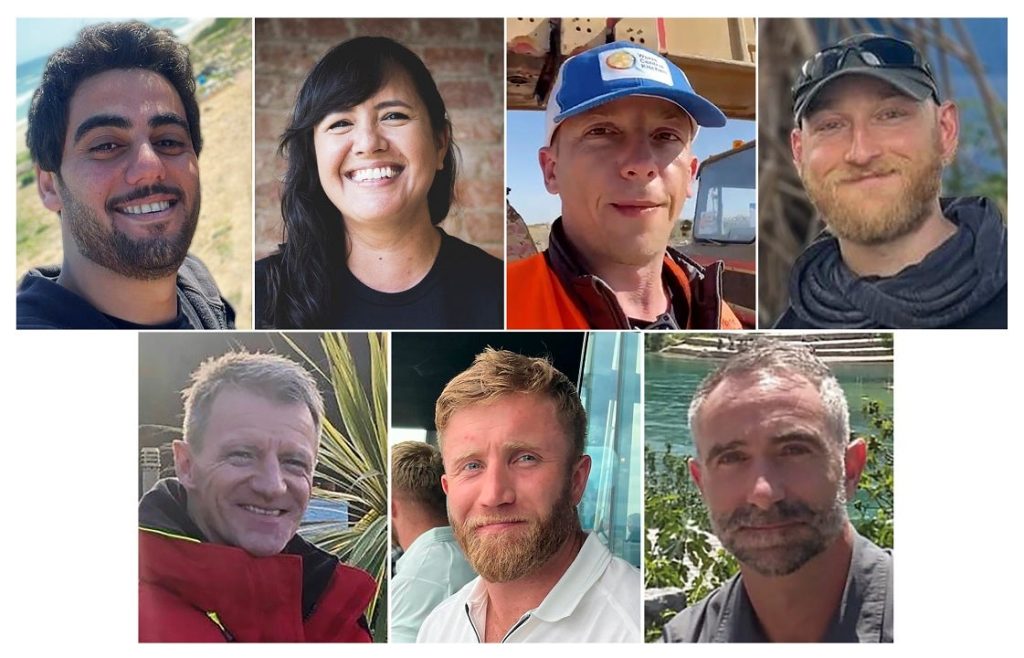The Israel Defense Forces recently released the results of an investigation into a missile strike that resulted in the death of several World Central Kitchen aid workers in the Gaza Strip. The investigation concluded that the incident “should not have occurred” and that the authorities who approved the strike were mistakenly convinced they were targeting Hamas operatives. The IDF acknowledged that the strike on the aid vehicles was a grave mistake stemming from a serious failure due to mistaken identification, errors in decision-making, and an attack contrary to the Standard Operating Procedures.
The incident has sparked concerns and raised questions about the targeting of aid workers in conflict zones. The World Central Kitchen, an organization founded by celebrity chef Jose Andres, provides food assistance to communities affected by conflicts and natural disasters around the world. The loss of their aid workers in this missile strike has drawn attention to the risks faced by humanitarian workers operating in conflict areas, where they often put themselves in harm’s way to provide assistance to those in need.
The IDF’s investigation has highlighted the need for improved protocols and procedures to prevent similar incidents from occurring in the future. The mistaken identification of the aid workers as Hamas operatives underscores the importance of accurate intelligence and target verification before approving any strikes in conflict zones. The IDF has pledged to review and update its procedures to ensure that such mistakes are not repeated, and that innocent civilians and humanitarian workers are not unintentionally targeted in military operations.
The tragedy of the missile strike that killed the World Central Kitchen aid workers serves as a reminder of the risks and challenges faced by humanitarian organizations working in conflict zones. The incident has prompted calls for greater accountability and transparency in military operations, to ensure that civilian casualties are minimized and that aid workers are protected while carrying out their life-saving work. The loss of these dedicated individuals has highlighted the need for all parties involved in conflicts to prioritize the safety and security of humanitarian workers and to respect their neutral and impartial role in providing aid to those in need.
As this is a developing story, further updates and information are likely to emerge as the investigation continues. The repercussions of this tragic event may have lasting effects on humanitarian operations in conflict zones, and it is crucial for all parties involved to learn from this incident and take steps to prevent similar tragedies in the future. The international community must continue to support and protect humanitarian workers who risk their lives to provide assistance to vulnerable populations in conflict-affected areas, and ensure that they are able to carry out their work safely and effectively, without fear of being targeted or harmed in the line of duty.
In conclusion, the missile strike that killed several World Central Kitchen aid workers in the Gaza Strip has raised serious concerns about the targeting of humanitarian workers in conflict zones. The IDF’s acknowledgment of its mistaken identification and errors in decision-making underscores the need for improved protocols and procedures to prevent similar incidents from occurring in the future. The loss of these aid workers has highlighted the risks and challenges faced by humanitarian organizations operating in conflict areas, and has underscored the importance of protecting and supporting those who dedicate their lives to helping others in need. It is essential for all parties involved in conflicts to prioritize the safety and security of humanitarian workers, and to ensure that they are able to carry out their life-saving work without fear of being targeted or harmed.


